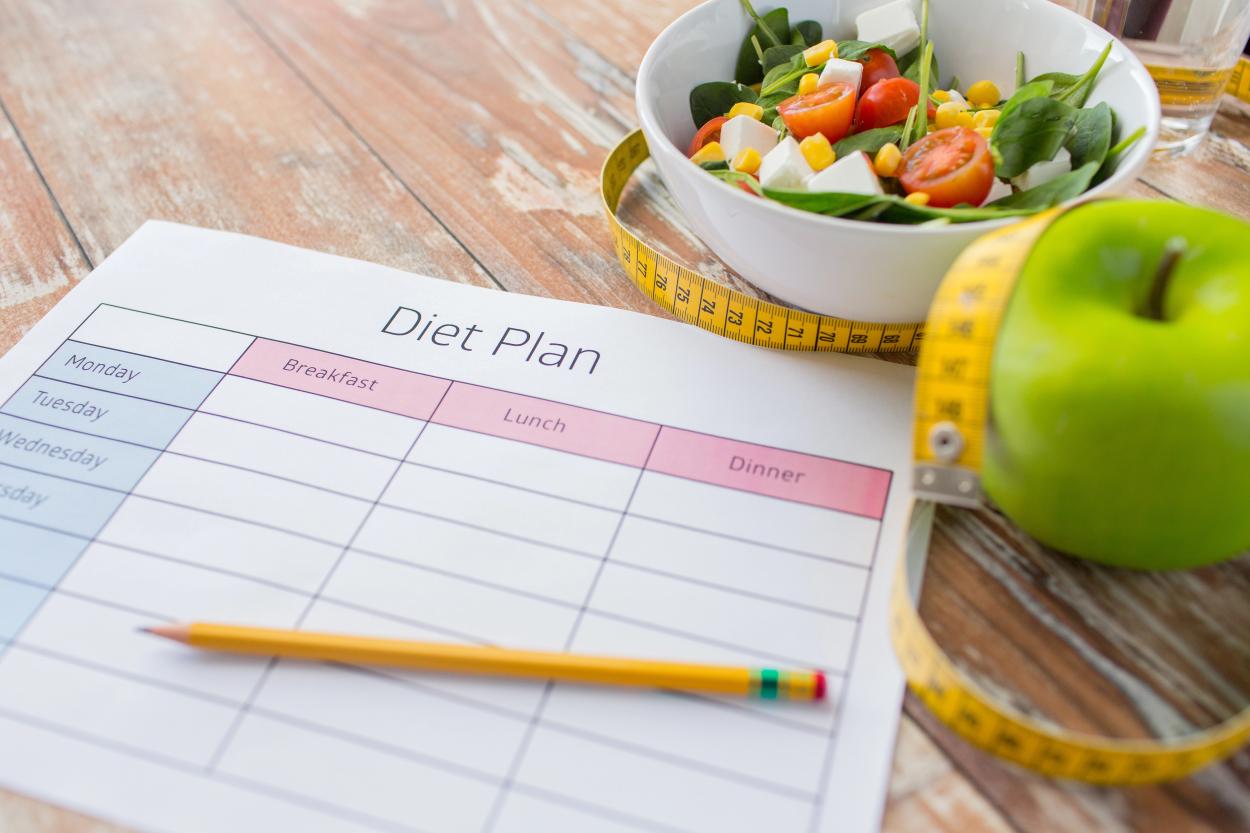Within two to three days after your operation – depending, of course, on your condition and the assessment of Dr. Zarrouk – you will be allowed to return home, where you will continue with your liquid diet for some time. At first, this may consist of continuing to drink "free fluids," such as water, clear soups, milk, custard, diet cordials, or tea and coffee, as you were doing in the hospital. Again, don't feel in any need to rush things. Your aim should be to drink around two litres of fluid. Remember, your stomach capacity is very small now and your stomach is swollen and will not stretch. Therefore, you need to sip fluid all the time.
Experiment with liquids at different temperatures to see whether this makes a difference in your enjoyment of them; some people do better with warm liquids, while others prefer colder ones. You may also supplement the liquids with others approved by your doctor, such as unsweetened but flavoured mineral waters, diet (non-sugar) drinks, sugar-free gelatines, fat-free or low-fat clear (or strained) broths and soups, sugar-free Jelly, and sugar-free ice pops.
If you find that you tolerate them well, you can also try adding no-sugar-added (and pulp-free) vegetable juices, sugar-free fruit juices, or thin smoothies made by blending apples, strawberries, cranberries, bananas, or grapes, and then straining them before drinking them. Avoid strong, acidic fruit juices such as orange, grapefruit, or pineapple. You should not drink any fizzy (carbonated) drinks.
Moving to more varied liquids
As you become more accustomed to this diet, you may vary the fluids by adding protein shakes (e.g Optifast), milk, or other more substantial liquids to your diet. When choosing these protein drinks, make sure that they provide 20-30 grams of protein but less than 10 grams of sugar and less than 5 grams of fat. Again, start slowly and take your time. Your goal at first should be to drink at least 30 ml every 15 minutes, without gulping or trying to rush things.
Within a couple of days, however, you may start consuming these fluids on a more regular basis, as if they were your regular meals; i.e., three times a day, just as you would normally. It is important during this at-home period to begin to move towards a more normal eating schedule so that your new stomach becomes accustomed to it. Your other goal during this period – without forcing it – should be to consume approximately 2 litres of liquid per day.
During this phase of your recovery diet, it is normal to every so often take an overly-large sip of liquid and feel some momentary nausea. Having a stomach several times smaller than it was before takes some getting used to. If this happens, the best approach is to remain seated or standing upright rather than lying down, thereby allowing gravity to help pass the liquid through your stomach and into the lower intestinal tract.
No solid foods
You should not eat any solid food during this phase of your recovery period, no matter how much you may be tempted to do so. You should also not consume carbonated beverages, sugar-sweetened beverages, or alcohol. You should also avoid any high-fat or high-sodium broths, any soups that contain noodles or other "chunks" that have not been blended to liquefy them, and semi-solid foods such as yoghurt, ice cream, or puddings. You should not take antiinflamatory medications such as Voltren, Nurofen, Mobic ..etc. If you need to snack during this period, stick to sugar-free Jell-O or sugar-free ice pops.
Your Regular Medications
It is OK to take your regular tablets orally. Large tablets may need to be crushed however, slow release tablets should not be crushed. Use liguid formulation (e.g. Panadol Syrup) when available.
Most importantly, don't despair…you're more than halfway through the process and well on your way back to normal eating. In the next phase of your recovery, you'll be moving to the next phase of your limited diet and soon after that to an almost-normal diet.










